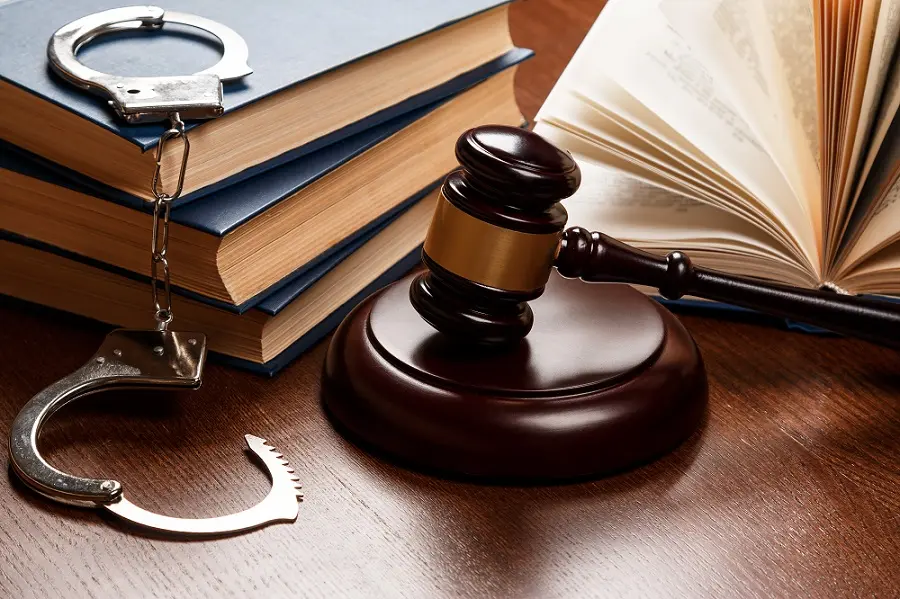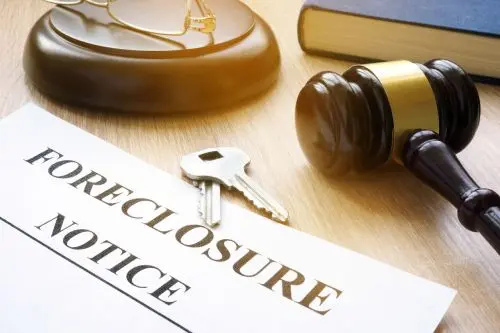
If you have been charged with battery, it is crucial to understand the role of a battery defense lawyer and what you can expect from the legal process. This article will provide an overview of the responsibilities of a battery defense attorney, the types of defenses available, and the potential outcomes of your case.
What is Battery?
Battery is generally defined as the intentional and unlawful use of force against another person. It can result in physical harm or offensive contact. The specifics of battery laws can vary by state, but the essence remains the same: it involves some form of aggressive action. Understanding the nuances of your charge is vital, and a knowledgeable battery lawyer will help you grasp this aspect fully.
Role of a Battery Defense Lawyer
A battery defense lawyer serves several important functions throughout the legal process:
- Legal Advice: Your lawyer will provide you with expert legal advice tailored to your specific situation. They will explain your rights and the charges against you, ensuring you understand every aspect of your case.
- Case Evaluation: A skilled battery defense attorney will evaluate the facts of your case, including evidence and witness statements, to determine the best strategy for your defense.
- Negotiation: Many battery cases are resolved through plea negotiations. Your lawyer will negotiate on your behalf for reduced charges or a more lenient sentence.
- Representation: If your case goes to trial, your battery defense lawyer will represent you in court, presenting evidence, questioning witnesses, and making legal arguments to defend your case.
Types of Defenses in Battery Cases
There are various defenses that a battery lawyer may employ in your case. Here are some common defenses:
- Self-Defense: If you can prove that you were acting to protect yourself from imminent harm, this may serve as a valid defense against battery charges.
- Defense of Others: Similar to self-defense, this defense applies if you were protecting another person from harm.
- Consent: If the other party consented to the contact (as in contact sports), this could negate the battery claim.
- Accident: If the contact was unintentional, this could serve as a defense against battery charges.
What to Expect in Your Case
When facing battery charges, the legal process can be daunting. Here’s a general timeline of what to expect:
- Initial Consultation: Meet with your battery defense attorney to discuss the details of your case. This is your opportunity to ask questions and understand your legal standing.
- Investigation: Your lawyer will gather evidence, interview witnesses, and build a defense strategy tailored to your case.
- Pre-Trial Hearings: Depending on the circumstances, there may be pre-trial hearings to address motions and evidence admissibility.
- Plea Bargaining: Your lawyer may negotiate with the prosecutor for a plea deal that could reduce your charges or penalties.
- Trial: If a plea agreement cannot be reached, your case will go to trial, where both sides will present their arguments.
Potential Outcomes
The outcome of a battery case can vary widely based on several factors, including the strength of the evidence and the effectiveness of your battery defense lawyer. Possible outcomes include:
- Acquittal: If the jury finds you not guilty, you will be free of the charges.
- Plea Deal: Accepting a plea deal may result in reduced charges or a lesser sentence.
- Conviction: If convicted, penalties can range from fines and community service to jail time, depending on the severity of the charge and your criminal history.
Choosing the Right Battery Defense Lawyer
Selecting the right battery defense attorney is critical for your case. Consider the following factors during your search:
- Experience: Look for a lawyer with a solid track record in battery cases.
- Reputation: Read reviews and ask for referrals to find a lawyer known for their dedication and effectiveness.
- Communication: Your lawyer should be approachable and willing to answer your questions throughout the process.
Conclusion
Being charged with battery can be a life-altering experience, but having a skilled battery defense lawyer by your side can make a significant difference. They will guide you through the legal process, help you understand your options, and work tirelessly to secure the best possible outcome for your case. If you find yourself in this situation, don’t hesitate to seek legal counsel to protect your rights and future.






